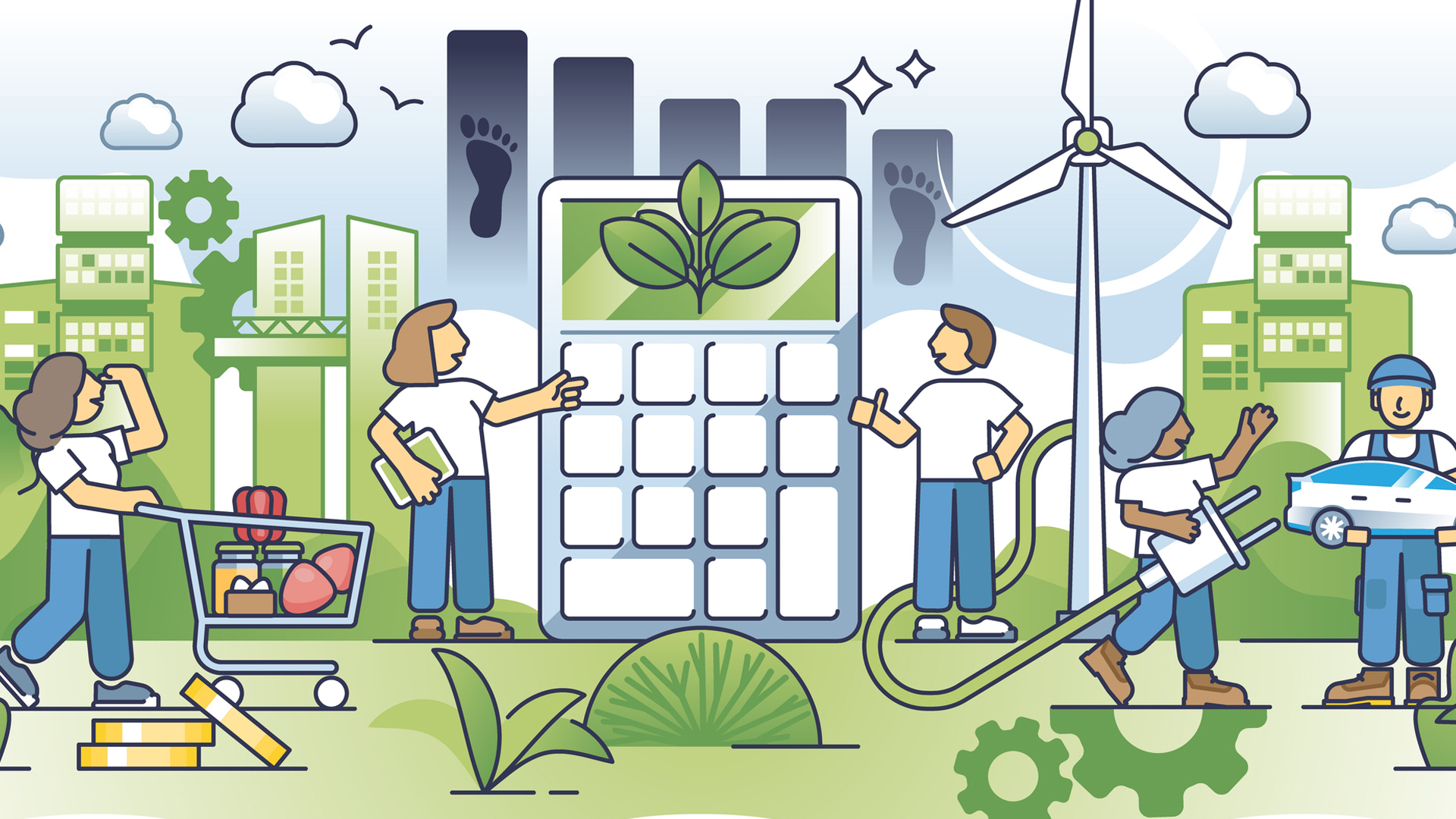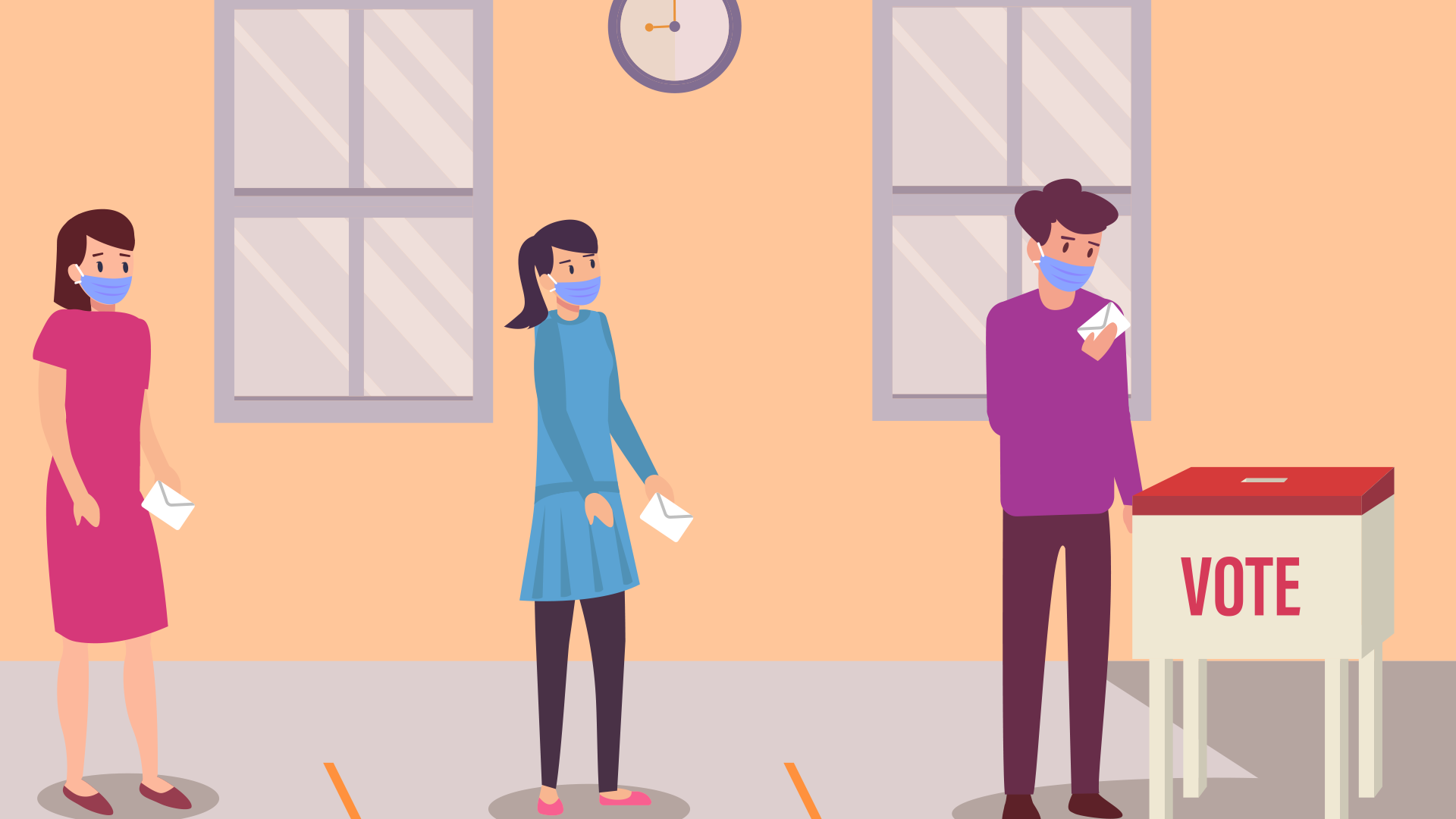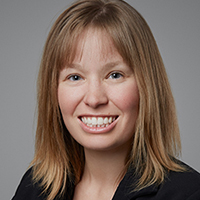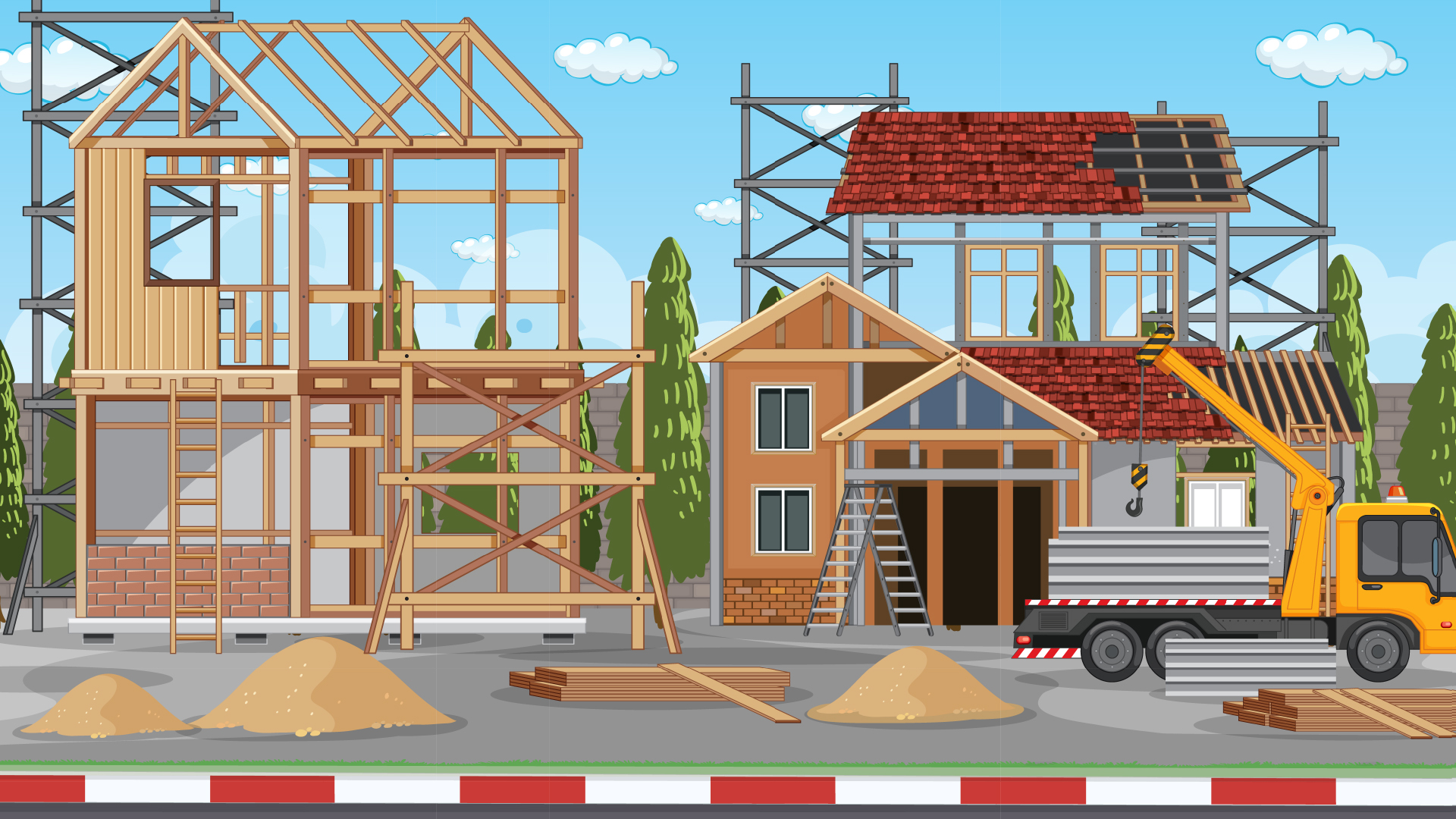
At the onset of the pandemic, in March 2020, there was an (unconfirmed) collective idea that in a few weeks or months we would be able to go back to our lives as usual, and the pandemic would be a thing of the past. Now we recognize that it wasn’t that simple, that the regular functions of the country must continue, and that we would, at least for now, have to learn to live with the virus.
In September 2020, New Brunswick held Canada’s first election during the pandemic, and electoral management bodies had to grapple with the challenge of how to prepare for an election.
Canada has now seen six provincial and territorial elections and a federal election. So what have we learned? And how can we use these lessons to better prepare ourselves for voting in times of emergencies?
Today’s guests are Allison Harell and Laura Stephenson, co-directors of C-DEM. This organization administers the Canadian Election Study, which collects and analyses public opinion data on electoral attitudes in Canada. They will be speaking about their research and the lessons we have learned from voting during a pandemic.









